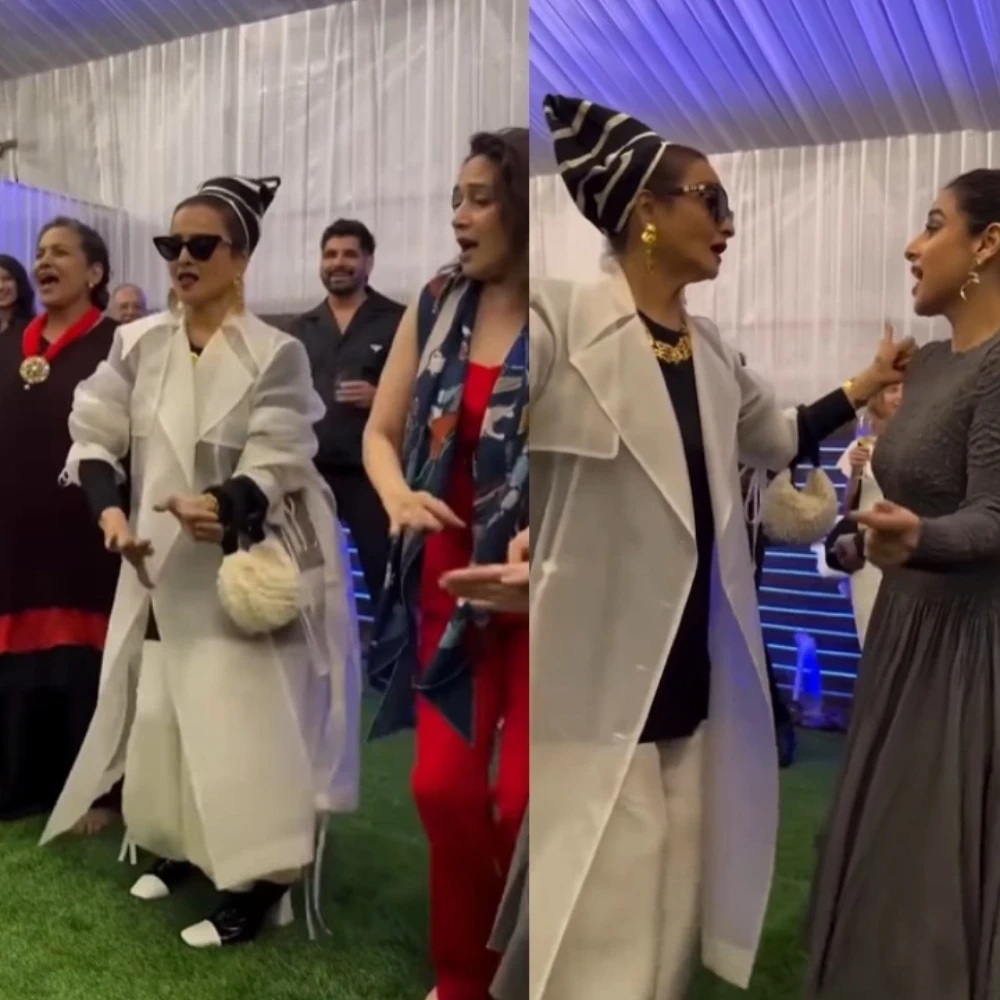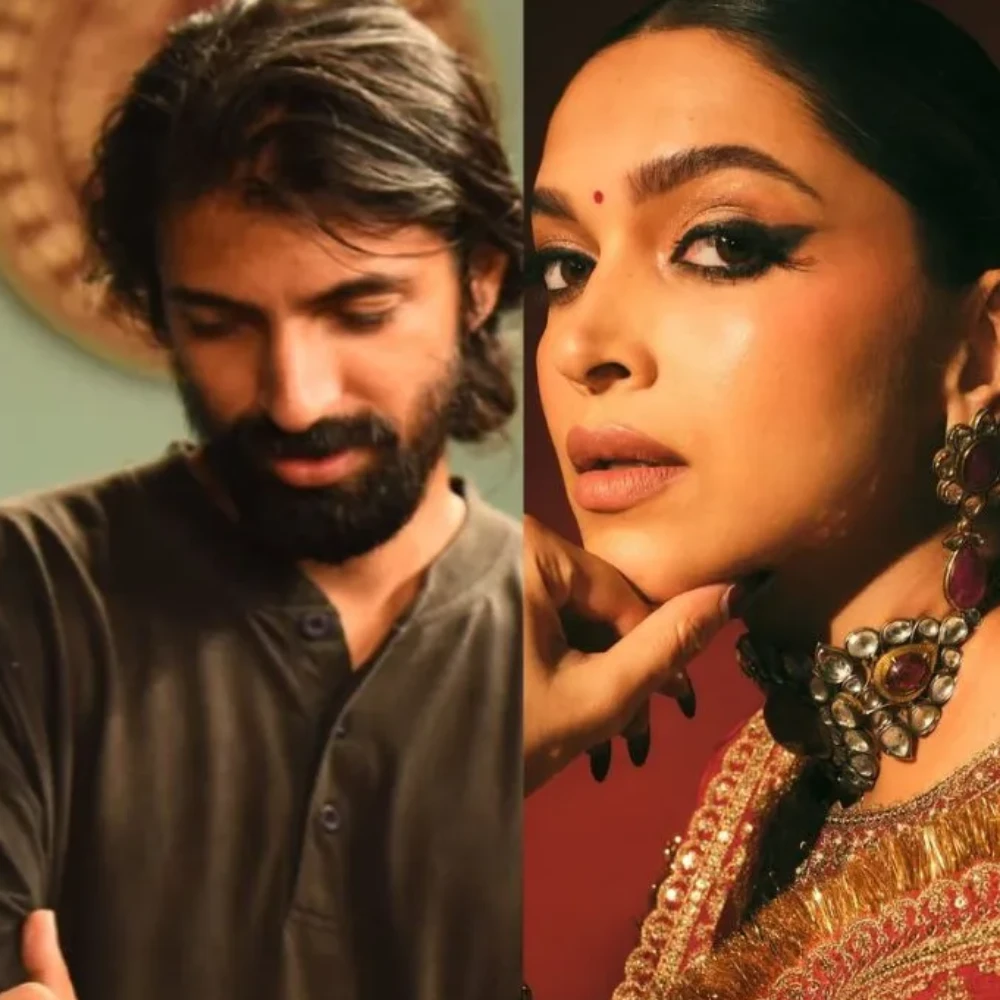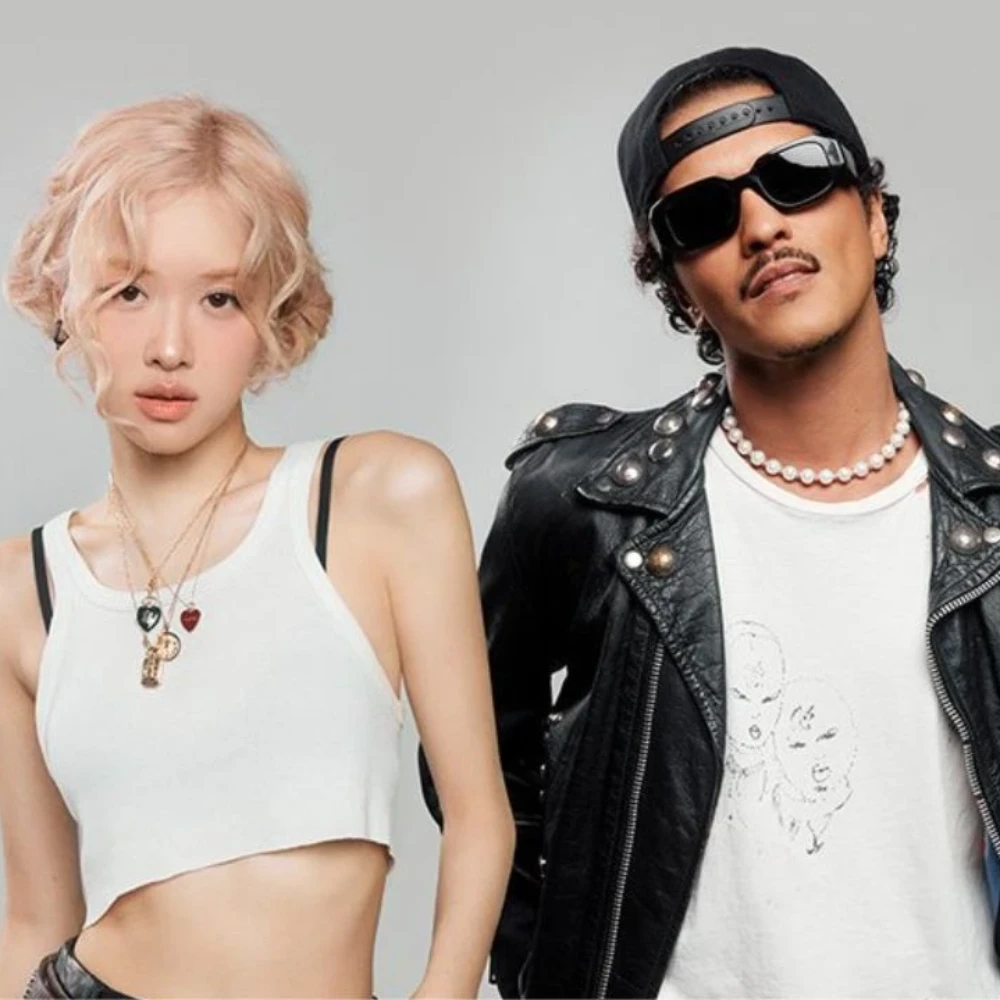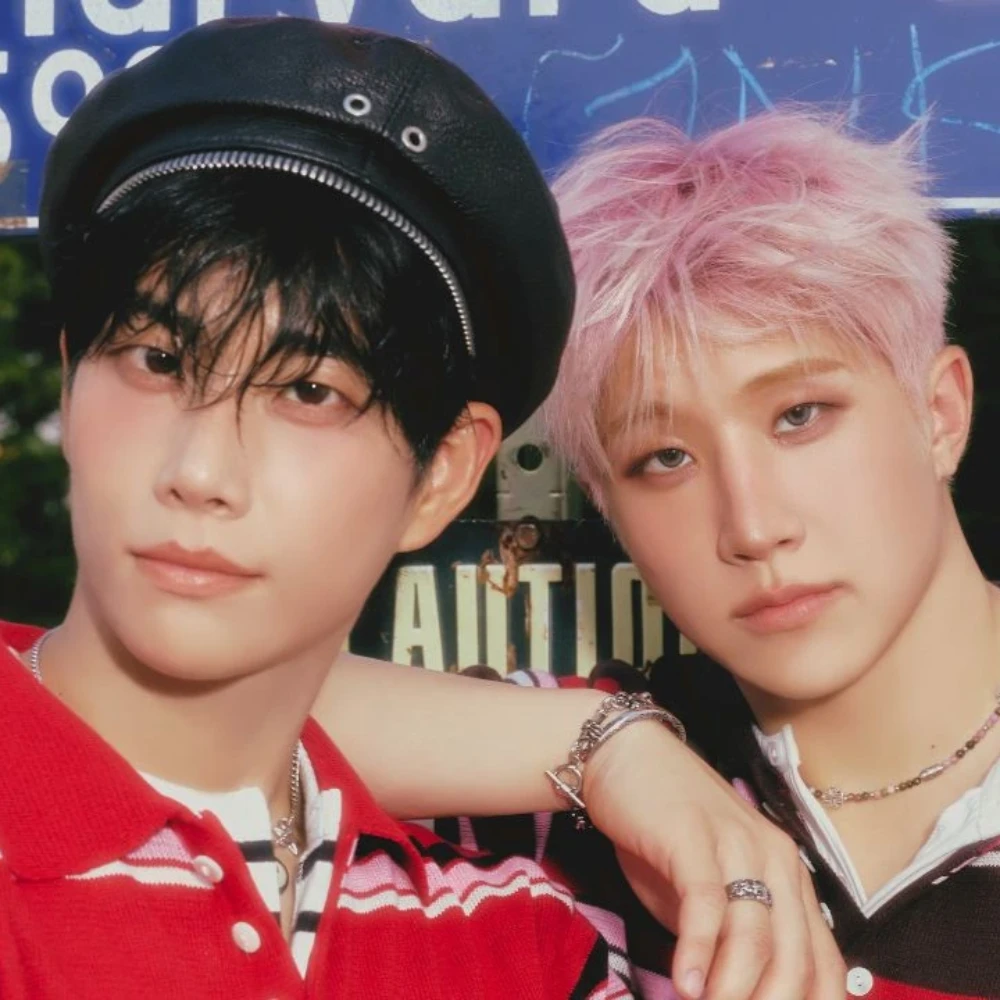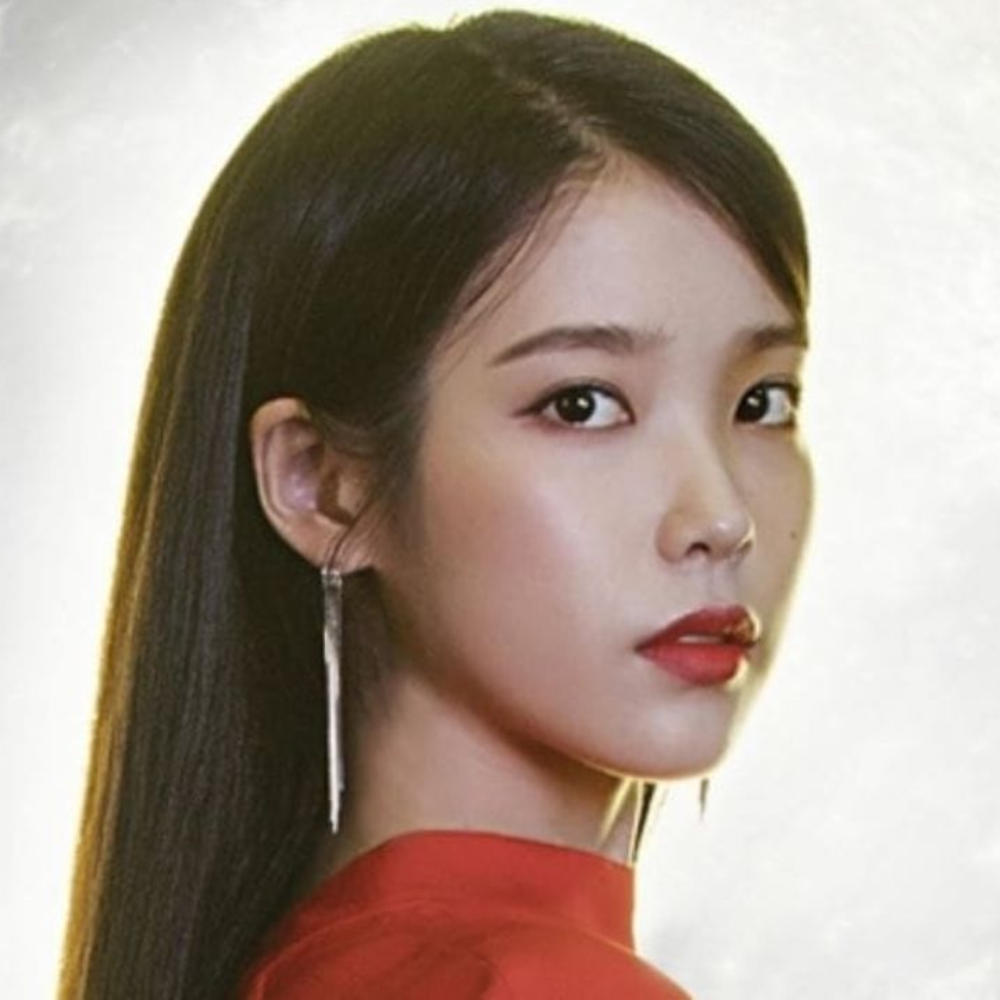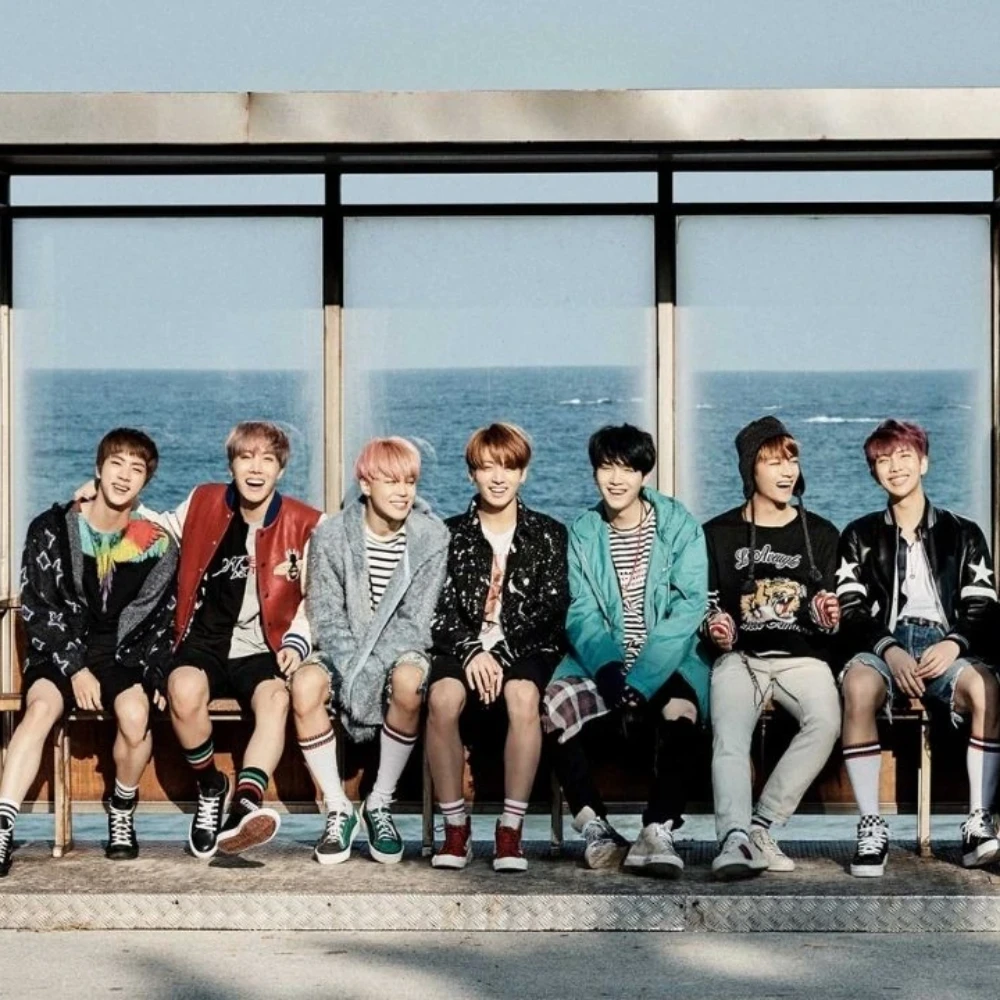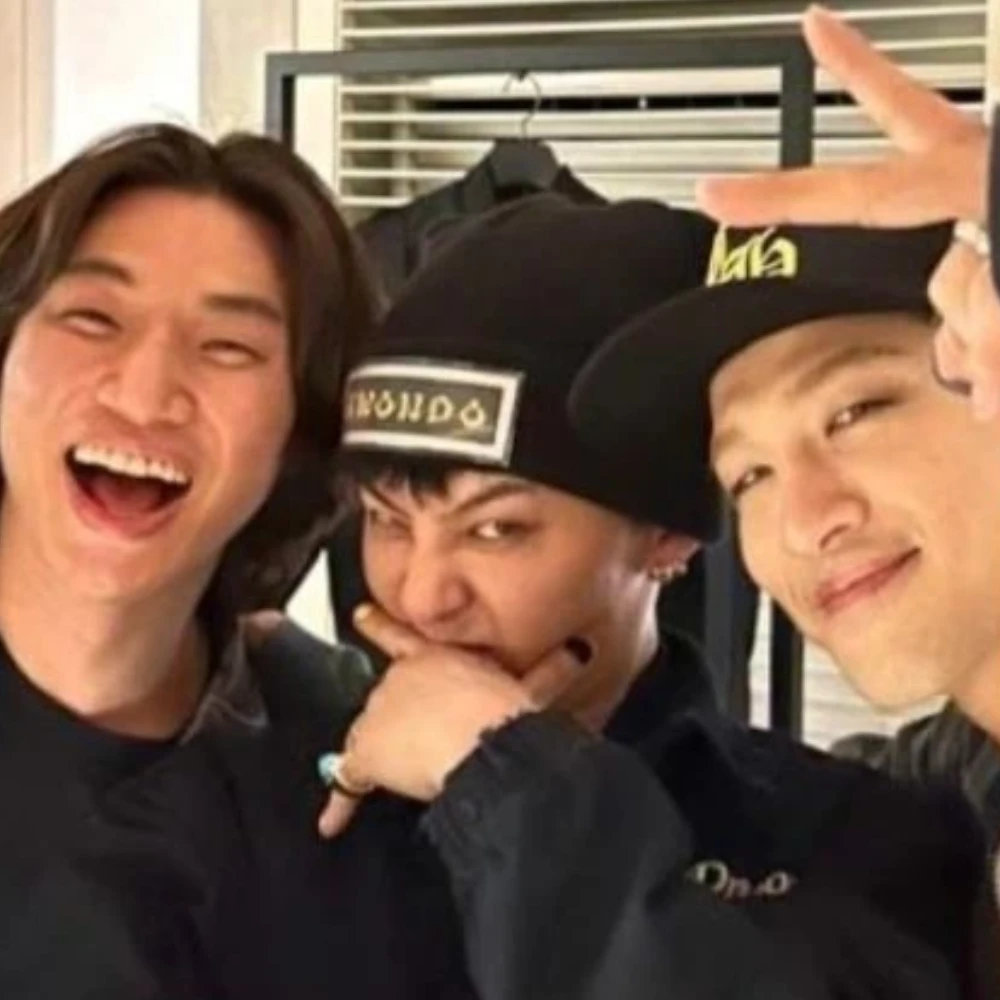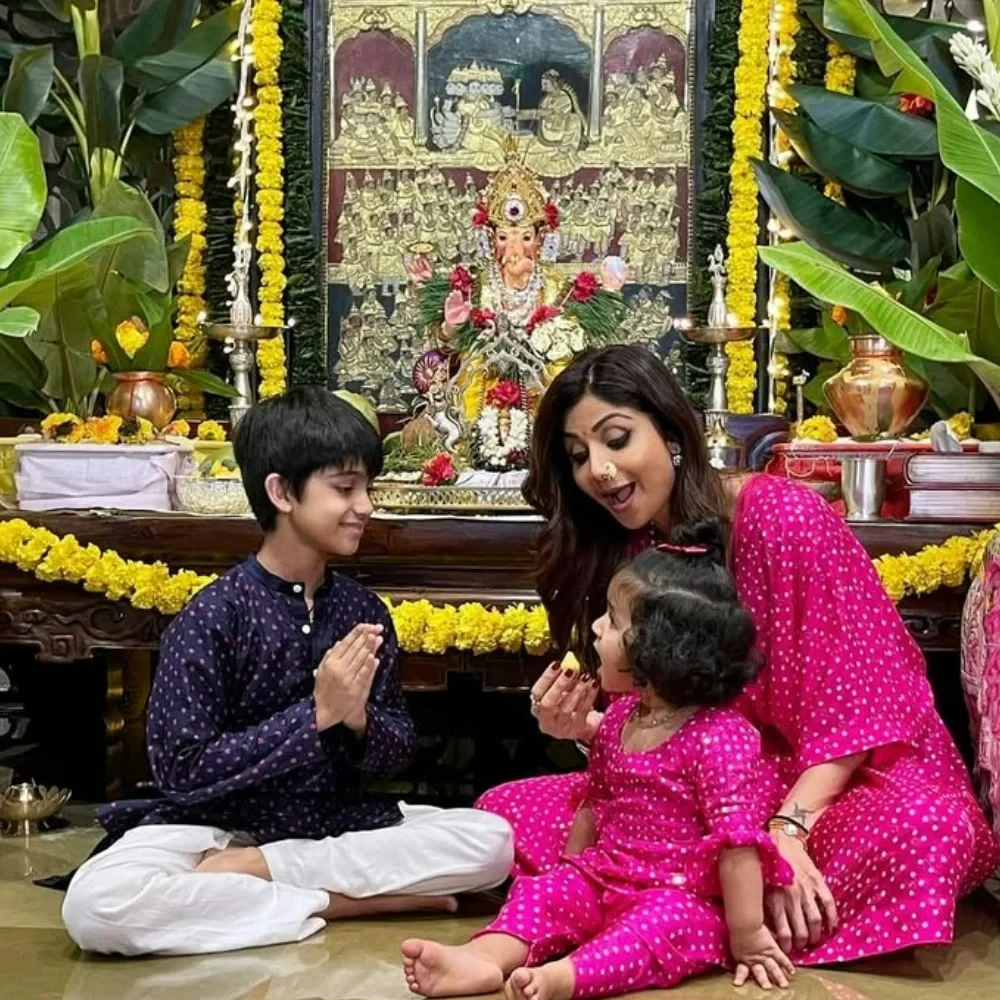17 K-pop slang terms
K-pop slang terms are an essential part of the fan culture, connecting people within the community very closely. Here's a guide to help you learn the lingo.
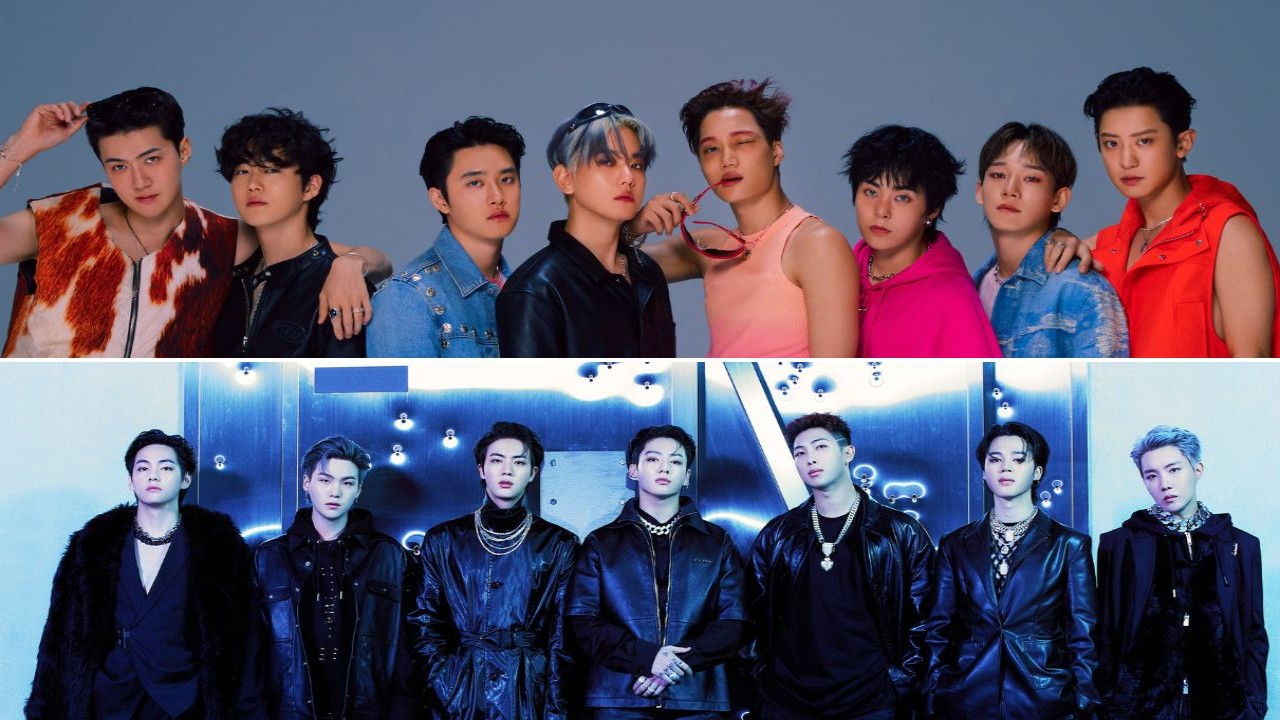
17 Kpop slangs Terms
1. Idol
The first term going into K-pop that one should be aware of is Idol. The term is used to describe every artist from the K-pop industry who has debuted and no longer training under a company.
2. Trainee
Trainee is used for artists who have not made their debut as a K-pop idol yet and are still training under a particular company. Trainees usually enroll in a company at the age of 12-14 years.
3. Bias
The term is used by K-pop fans to refer to their favorite member of a group. It might be the member that they first set their eyes on or a member that they later started to connect with the most. However, it is not necessary for every K-pop fan to have a bias.
4. Biaswrecker
When a K-pop fan has a bias in a group but another member from the same group makes the fan question their love for their favorite member. That second member is referred to as the Biaswrecker.
5. Comeback
A K-pop comeback is when a K-pop group or an artist releases new music again. Every time they release a new album, it is referred to as a comeback. Moreover, the term era is also used to refer to a comeback.
6. Nugu
The term nugu is used to describe a group or a K-pop artist who is not well-known in the industry. Nugu artists usually come from small companies that do not have as many resources as the big agencies.
7. Leader
The term is used to describe the official position of a member of a group. In a K-pop band, there is usually an assigned leader who is the representative and has certain responsibilities as well. For example, RM from BTS is the leader of the group.
8. Aegyo
Aegyo are actions and gestures that K-pop idols do to appear cuter for their fans. These acts fall under the fanservice that artists often engage in to build a relationship with their supporters.
9. Solo stan
These are the types of fans who do not support the entire group but only a particular member of the group. However, they usually remain respectful of the other members and show their support silently.
10. Maknae
Maknae is used to describe the member who is the youngest of all. In Korean culture, the younger people are the most pampered and loved ones, and similarly, in K-pop, maknaes are the adopted children of the group. For example, Jungkook of BTS is the maknae of the group.
11. Akgae
The term is used for fans who support only one member and dislike the other members of the group. They criticize the other members and try to put them down in order to make their bias look the best.
12. Sasaeng
The word is widely used to describe stalkers disguised as fans. They violate the artists’ privacy and often cross boundaries. Moreover, they also make a profit from selling unauthorized photographs of the artists.
13. Antis
This term is used to refer to people who dislike a certain group or certain members of the group. They usually go out of their way to cause harm to the artists by criticizing everything about them. However, in recent times, companies have started taking legal action to deal with the problem.
14. Visual
Visual refers to the most attractive member of the group, and it is also an assigned position for particular members ahead of their debut. The term is an unusual addition, but good looks are held in high regard in the industry. For example, EXO’s Sehun is considered the visual of the group.
15. Fanchant
Fanchants are a crucial part of being dedicated fans of a group. While going to a concert or a music show, the fandom learns certain phrases that they shout while the group is performing. These are very important, as they are the fans’ special way to show support.
16. Subunit
The term is used to describe a group formed within a group to release music of different genres. Subunts typically comprise members who are the most compatible with each other. e.g., EXO-SC, SEVENTEEN BSS, etc.
17. The Big Three
Whenever someone refers to the Big Three in K-pop, it automatically means that they are talking about SM Entertainment, YG Entertainment, and JYP Entertainment. These three companies are considered the pioneers of K-pop and have debuted some iconic groups in the industry, such as Girls’ Generation, BIGBANG, and Wonder Girls, respectively.
From the early days of fan clubs to the digital age of social media, K-pop slang terms have evolved alongside the genre itself. Whether it's expressing affection for idols, discussing the latest music releases, or participating in fan-driven events, these slang terms serve as a linguistic bridge that connects fans across cultures and continents.





 JOIN OUR WHATSAPP CHANNEL
JOIN OUR WHATSAPP CHANNEL







